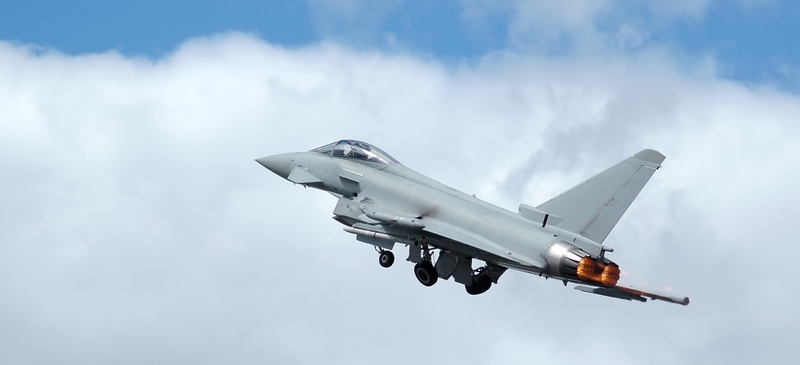
For Europe, a 'green light' to lead
"The new emphasis on Asia and the Middle East could mean the US will be less likely to lead future operations in and around Europe", said Tomas Valasek, of the CER in London.
"For missions - like the one in Libya last year or Kosovo and Bosnia in the 1990s - it is more likely that Britain or France will take the lead, with the US supporting", Valasek said. Valasek also sees the US developing more unmanned aircraft, air-to-air refueling and intelligence and communication assets, which Europe needed in Libya and may need to rely on in the future.
But the analyst predicts that the strategy could make central European countries feel more vulnerable to Russia. He expects these nations to pressure the US to reveal more details as to what capacities they will have to deter adversaries as well as to retain nuclear weapons in Europe and to shift conventional forces from places like Germany to Poland.
